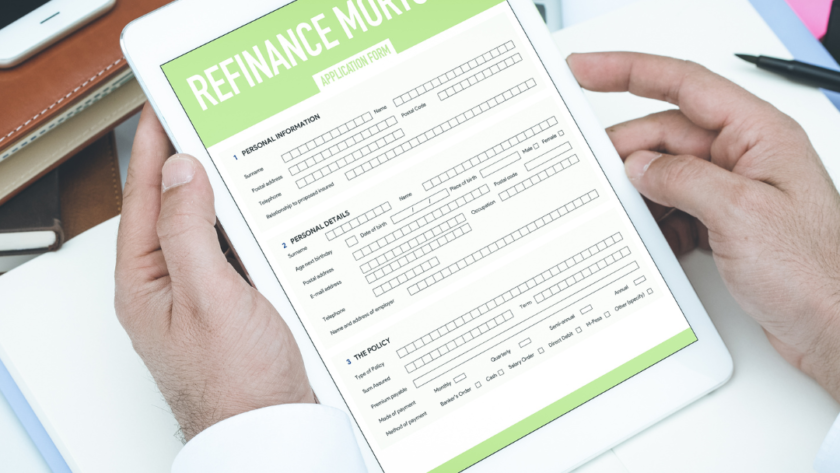When deciding if and when to refinance your mortgage, the first thing that should be taken into account is your specific financial situation, not just the currently low-interest rates. Financial decisions should be made so that they serve you in the long term, not impulsively, based on this week’s interest rates, fear, or greed. Short-term solutions simply don’t work here, as refinancing without considering the consequences could simply mean starting over and paying a larger amount of money in total. It’s also paramount that you set a clear financial goal for yourself, and how you approach the situation will vary depending on whether you want to shorten your loan’s term, reduce the monthly payment or pull out equity in order to put it to work elsewhere.
Consider your equity and credit score

Your home’s equity is the total value of your home, from which you then subtract the amount you owe for your mortgage. It should be the first thing on the list of priorities when considering whether or not to refinance your mortgage. Be sure to properly evaluate your home’s worth and consult with a lender. Since the pandemic in 2020, most homes have risen in equity, but as was already mentioned, every situation is specific, and should you find that your home equity is negative, refinancing a mortgage might not be the best option for you. Another thing anyone who wants to refinance their mortgage should take into account is their credit score. In recent times, lenders have increased the strictness of the qualifications needed to successfully refinance and most require a credit score of 760 or higher. It is possible to refinance even with a lower credit score, but that could mean higher interest rates.
Debt-to-income ratio and rates vs terms

Aside from your credit score, lenders will also take into account your debt-to-income(DTI) ratio when you apply for a loan, and while a stable and long job history, a high income, or accumulated savings can improve your qualifications, lenders will tend to keep your monthly housing payment under 28% of your gross monthly salary. If you opt to refinance mortgage, don’t be afraid to explore all the options at your disposal. The interest rate is what most borrowers tend to focus on, but it shouldn’t be. Low-interest, long-term rates are perfect if your goal is to reduce your monthly payments as much as possible. On the other hand, the lowest interest rate over the shortest term would be perfect if you’re looking to pay less interest over the length of the loan. If paying a loan as quickly as possible is your primary goal, look for short-term loans with an affordable interest rate. Different rates impact the monthly payment differently and it’s essential to find the optimal solution.
Taxes and breakeven

Another factor in your decision should be the mortgage interest deduction, lowering the taxes you are required to pay. The interest deduction could be higher during the first few years of the loan when the interest payment is higher than the principal payment. Increasing the size of the loan will invariably affect the interest rates. Due to recent changes in the standard deduction, it could be perceived as less attractive and consultations with a tax advisor are recommended if you’re looking to get a clear picture of your options. At last, it’s important to calculate your breakeven point, which is the point when your refinancing expenses have been covered by your monthly savings, and from that point on, your monthly savings are yours to keep. Ask yourself what your plans for the future are, are you planning to move or sell your home sometime in the near future? In that case, refinancing might not be a sound financial decision as it comes with a cost and if it takes you 10 years to reach the breakeven point, you might want to explore other options.
Refinancing is a complex financial transaction and before making any decision, it’s recommended that you consult with a reputable financial advisor or lender so that you can know exactly what your options are, how realistic your goal is and how much time it may take you to reach it.



